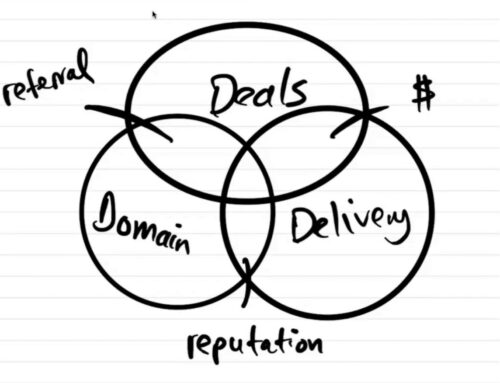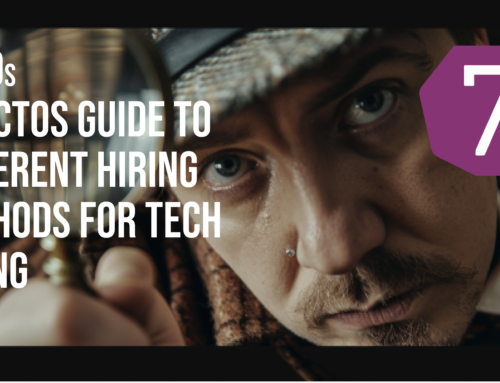The Life of a CTO in the Wealth Management Industry, with Vladimir Baranov
Welcome to another episode of CTO Studio! On this show our guests come from many different industries, and today’s guest is from the wealth management world. Vladimir Baranov is the CTO and cofounder of AdvisorEngine, a company which assists financial advisors in several different aspects of the financial consultancy industry.
Vladimir will tell us how he came to be a CTO and cofounder of this company, his advice on communicating with a team, what he has learned in his time as a CTO of a startup, and more on today’s episode of CTO Studio.
In this episode you’ll hear:
- What sets AdvisorEngine apart from others in their industry?
- Why did Vladimir want to work with a start up?
- What makes his CTO position so unique?
- Are managerial roles ever not what they seem?
- When does a CTO stop working?
- And so much more!
Vladimir knew he wanted to work with a start-up company and be a cofounder for quite awhile before the right opportunity came along. He specifically wanted to work in wealth management so when the role of CTO was available at AdvisorEngine he jumped at the chance.
And he’s glad he waited because he’s learned so much: everything from public relations to people management. And all of it has been useful, especially managing people.
I asked him to dive into that a bit further: what advice does he have for people in managerial positions and what differences might they expect in those positions? Vladimir says being in a managerial position really reduces the amount of “hands-on work” you are doing, but it is fulfilling just in a different way. As a manager your focus is on helping your team realize and reach their potential.
There are plenty of challenges that come along with being a manager, too! In his role, he works with an outsourced team so there’s a language barrier. Generally communication goes smoothly, but sometimes the languaging used can cause some delays and can slow down productivity.
He says they had to facilitate knowledge exchange between all the developers. Terminology can be hard to translate if it doesn’t exist in another language. For example in Eastern Europe there is no such thing as a wealth advisor so they had to find a way to communicate what that role does so their Eastern European team could understand.
I was curious about what AdvisorEngine does, how they work with their clients so Vladimir expanded on that topic. Basically AdvisorEngine is a company that builds technology for financial advisors, and the technology helps these advisors grow their clients’ net worth and facilitate a better, more complete financial picture for all of their clients.
Vladimir continues by saying they basically aggregate data sources (while following specific financial rules and regulations). In essence, he says wealth management isn’t complex, except for all the regulations you must follow while advising your clients!
The advisors themselves want to build and secure ongoing relationships with their clients. Trust is critical for their livelihood as they are typically paid a percentage of AOM assets. Because of that they are also judged differently and are always looking to add more assets through building and expanding their client base and their network.
From there we moved on to talking about the nature of the CIO CTO relationship. Vladimir explains each position runs different teams and has different responsibilities. There are a lot of compliance regulations to follow and a lot of infrastructure and operations must be set up to maintain those regulations, so the overall structure of the different teams are designed in a specific way to do so.
Continuing on that train of thought, Vladimir says it is important to stop doing things that are not working for you, and to accept that you may not get to do as much hands-on work as you used to. The solution is to hire someone who will work for you while you do the other aspects so all your bases are covered.
I asked how he and the CEO navigate growth points. He says they really try to figure it out as they go along. In real life, you have to operate through your own or someone else’s experiences. He believes vulnerability is key and that’s how he starts his relationships. He knows anyone and everyone could make a mistake. He says the team is there together to fail and to succeed as a unified group.
And finally we wrap up with a discussion about his cofounders, what technology tools they use to communicate effectively within their global team, and what (if anything) he says to his CEO when he is struggling. Hear Vladimir’s thoughts on those topics and more when you tune in to this episode of CTO Studio!
Episode Resources:
Share This Story, Choose Your Platform!
Related Podcasts




